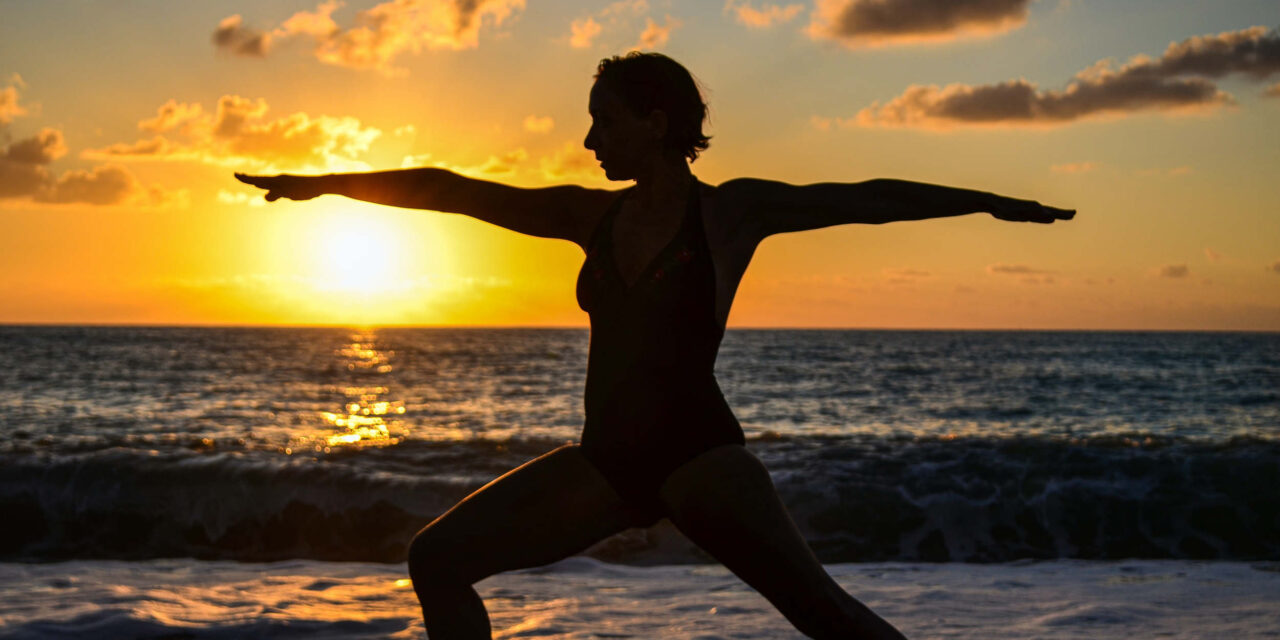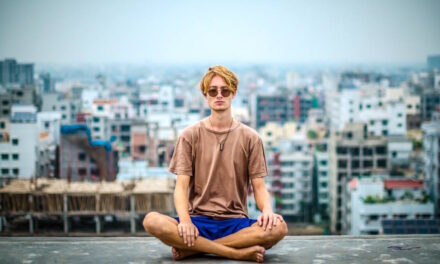Nowadays, the entire idea of being spiritual includes the notion of avoiding politics as if that is something dirty, material, spoiled and corrupted. One should refrain from politics if one seeks spiritual enlightenment because these two things are on the opposite side of the spectrum – a common hardwired belief present in many mindsets among both; those involved in New Age movement and those nurturing traditional faiths.
However, it was not always like this before. Let’s go back to ancient India and revisit what we know about attitudes towards politics. The sacred books commonly found under the list of obligatory literature for modern yoga schools such as Ramayana, Mahabharata and Bhagavad Gita are very political in essence. They are very detailed about not only describing political issues and challenges among the two supreme castes of Brahmins and Kshatriyas but also provide portrayals of incarnated Gods in their roles of kings and statesman such as prince Arjuna and king Rama. The heartbreaking story of king Rama abolishing his wife Sita from the kingdom of Ayodhya described in epic Ramayana represents the perfect case study of challenges which involve democratic governing from which even Gods are not exempt.
Another good example of politics and governance being important for both spiritual and material world is contained within the Mangala Mantra. This is a closing mantra of Ashtanga Yoga routines and the following is its original and translated version:
Svasti prajabhyah paripalayantam
Nyayena margena mahim mahishaha
Go brahmanebhyah shubhamastu nityam
Lokah samastah sukhino bhavantu
May the rulers (administrators) of the earth keep to the path of virtue
For protecting the welfare of all generations.
May the religious, and all people be forever blessed,
May all beings everywhere be happy and free.
Apart from praying for maintenance of prosperity and happiness which is one of the main goals of political activity, the term rulers/administrators is the most important aspect of this mantra when we are discussing politics. It addresses both rulers and public administration – evidence based art for design and delivery of government policies. That means that we as practitioners of yoga are praying for the goodness and rightness of all those involved in political activity. The mantra recognizes the importance of political activity and those who are a part of it for our own personal and the entire world’s well-being. Surely the original creators of yoga practices and rituals which surround them such us praying Mangala Mantra were aware of the importance of political influence on one’s not only material well-being but also spiritual development. Because when you think about it ill-political situation can bring about one of the worst disruptions for our spiritual practices. If the world around us is poor and miserable, if we are forced to work for a whole day every day for our entire life and if our material existence is in grave risk so our minds are obsessed with existential thoughts and activities than there is no time or energy left for personal spiritual development. We need peace and quietness for meditating and not bombs exploding and guns firing. Sure there are ways to progress when we are surrounded by chaos and chaos does represent another completely different type of challenge and opportunity for spiritual development but it is not meant for everyone in every stage of life. In general peace and prosperity in the world are the main enablers for our spiritual growth while good politics combined with good politicians are posses the greatest power to trigger and sustain both peace and prosperity.
While Aristotel’s Politics and Machiavelli’s Prince represent the most famous western books about politics and statecraft the eastern and a lot older equivalent is Arthashastra: an ancient Indian Sanskrit treatise on statecraft, economic policy and military strategy. Modern scholars tend to describe it as the greatest political book of ancient world. The lessons from Arthashastra deserve to be studied and discussed in every yoga school.










